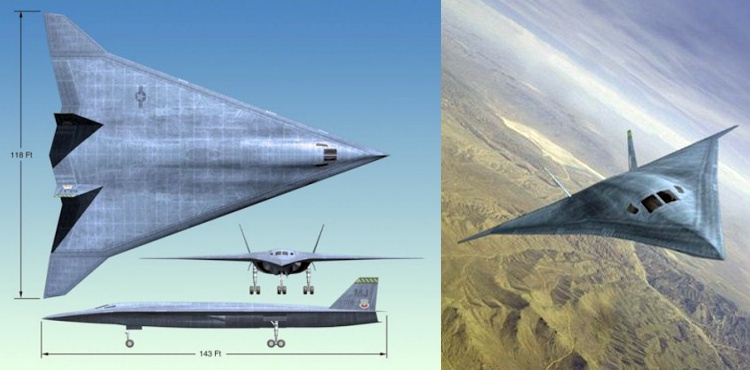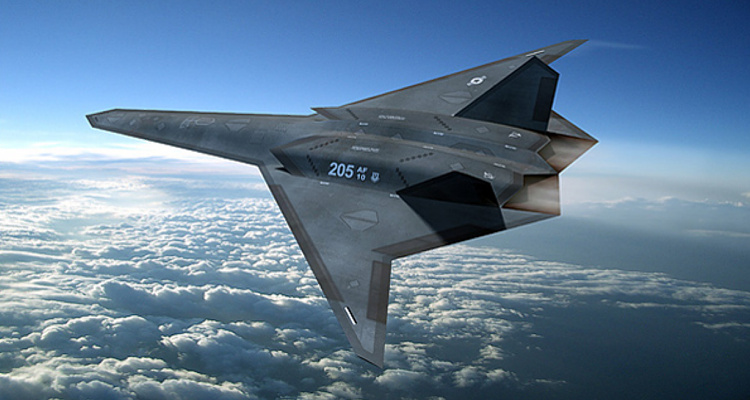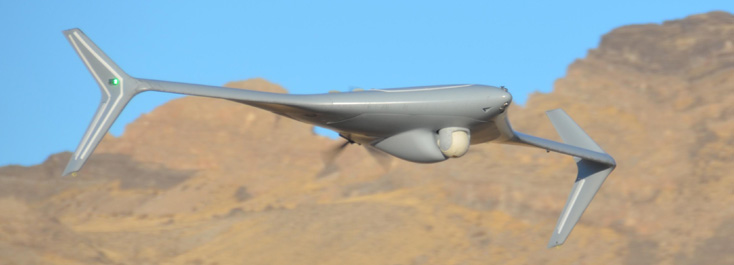تفضلوا ترجموا الباقي أنا تعبت
“As much as there’s all this attention on Lockheed/Boeing and Northrop Grumman, it has much broader implications for the rest of the aerospace defense industry,” he said.
In a market commentary, Roman Schweitzer of Guggenheim Partners said he believes the Pentagon structured the competition so that the industrial base implications for the winner and loser would not be taken into consideration. This made it a decision based on the cost and technical proposals.
“We believe the contract structure (cost-plus for engineering and manufacturing development and fixed price for low-rate production) shifts a large amount of risk to the builder early in the program,” he wrote.
In a June research report, RBC Capital Market’s Robert Stallard’s foresaw little impact on any of the major players’ stock prices resulting from today’s selection.
“From a stock perspective, we think many in the investment community think Northrop is a Buy either way as it goes up on a win, and without a win it MUST break itself up. We’re less convinced of this strategy in the near term as we think NOC is pretty decent the way it is, has growth from F-35 and will be in strong position for UCLASS, but a loss would certainly excite some investors on consolidation,” he noted.
Richard Aboulafia, an analyst with the Teal Group, said Northrop Grumman’s victory means “they'll be the second biggest combat aircraft prime, and possibly the only survivor other than Lockheed Martin by the time the next generation of combat aircraft competitions arrive. As for Boeing, they can either gradually return to being the mostly civil jetliner company they were before they bought McDonnell Douglas, or they can make a bid for Northrop's combat aircraft unit.”
But recent comments by Pentagon acquisition chief Frank Kendall on consolidation among primes threw icewater on the suggestion that Boeing would move to buy Northrop now that it won the contract, Callan said.
“Wall Street will still speculate that [because] Northrop won, it will get taken over,” he said. “That’s implausible, at this point, as long as current leadership is around. It’s just not clear to that a new set of people in 2017 are going to have radically different views than Kendall and company.”
Protest Likely
So what’s next?
For the Pentagon, the hard part is about to begin. A bid protest seems inevitable given that LRS-B is the first major military aircraft acquisition program since the JSF award in 2001, and likely the last until the sixth-generation fighter next decade. A lengthy protest period could not only delay the program’s start, but also set up a nasty public relations fight.
Boeing and Lockheed will likely wage intense lobbying campaigns to rally support for a protest. Boeing is expected to tap the Missouri delegation, including influential Democratic Sen. Claire McCaskill and Republican Sen. Roy Blunt, while Lockheed will look to the Texas delegation, particularly Fort Worth’s Republican Rep. Kay Granger and House Armed Services Committee Chairman Rep. William "Mac" Thornberry, also a Republican.
Earlier on Tuesday, before the announcement and after a hearing on streamlining defense acquisitions, Thornberry acknowledged concerns over a possible LSR-B protest and the litigious nature of acquisitions in general.
"It's part of the way acquisition culture has developed that every bid award has protests, and you're expected to protest – basically with no penalty," he told reporters. "So, a number of members have had ideas about improving that situation, and it's something that we will continue to discuss."












